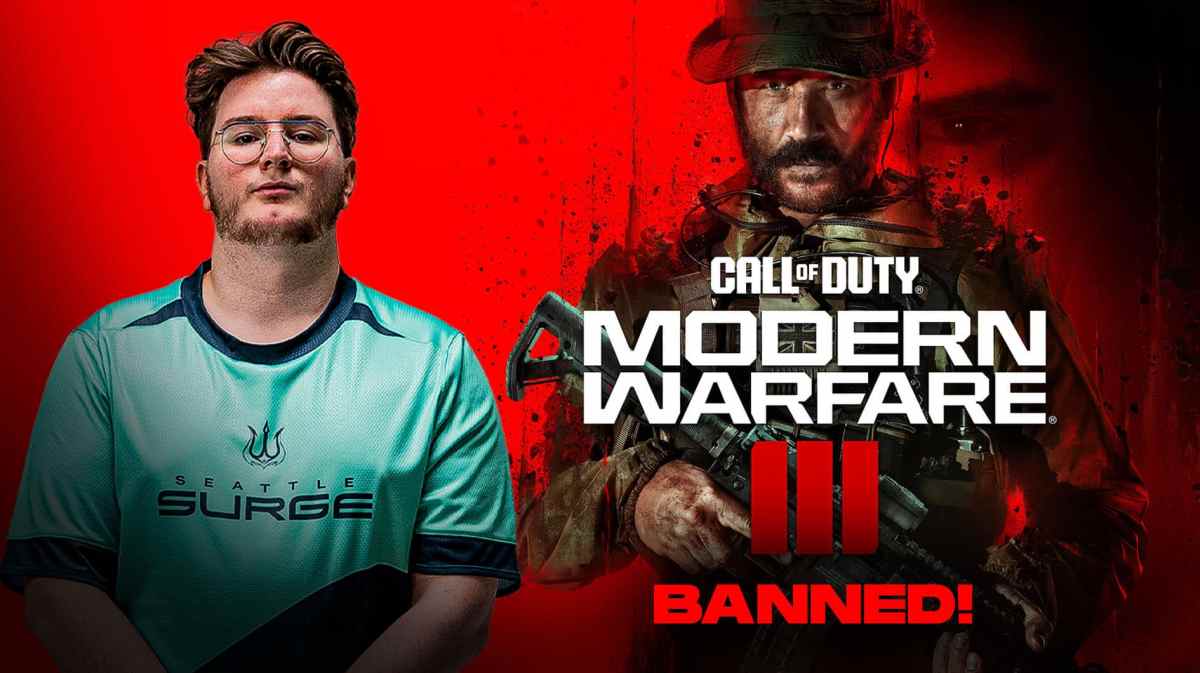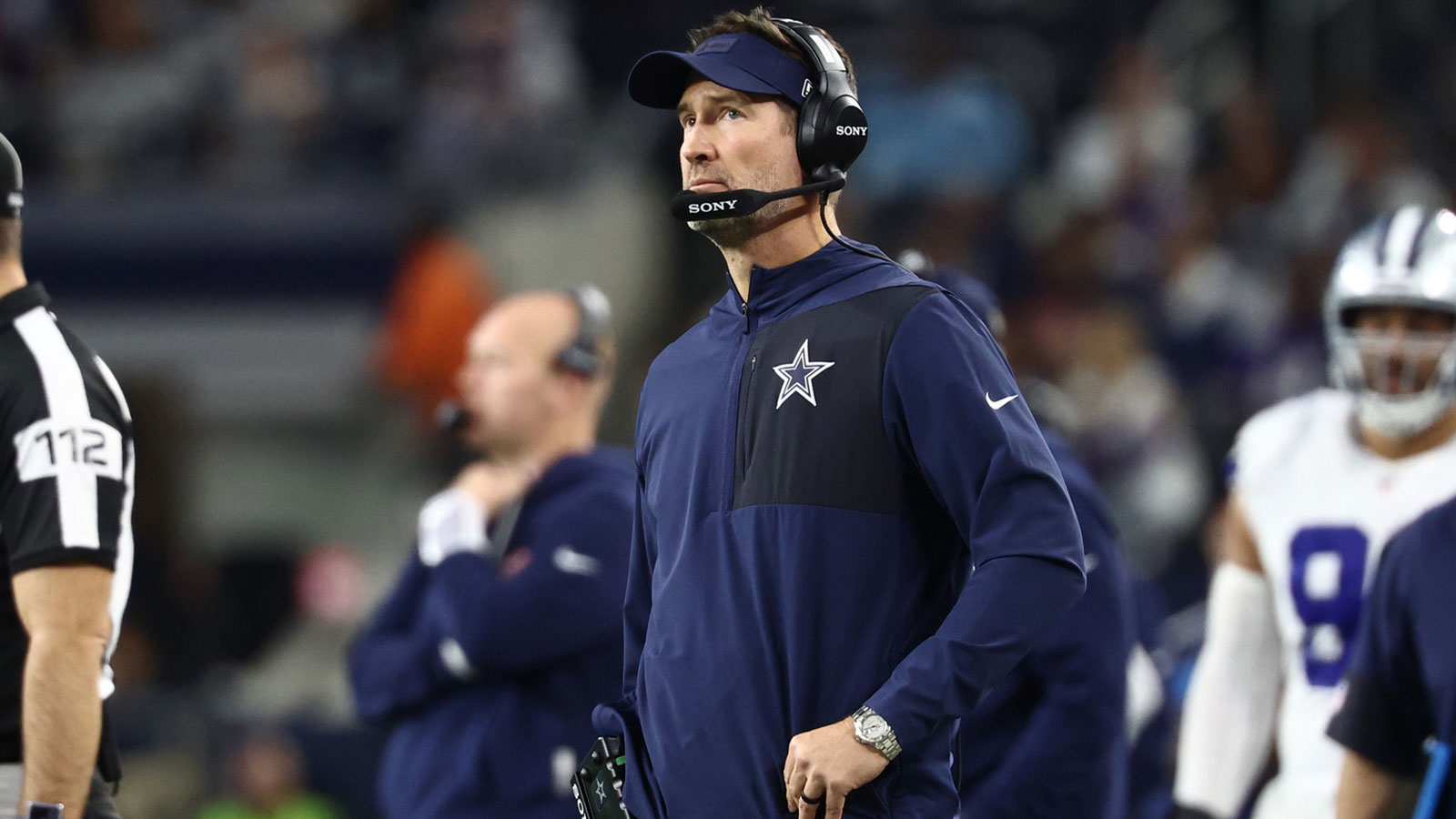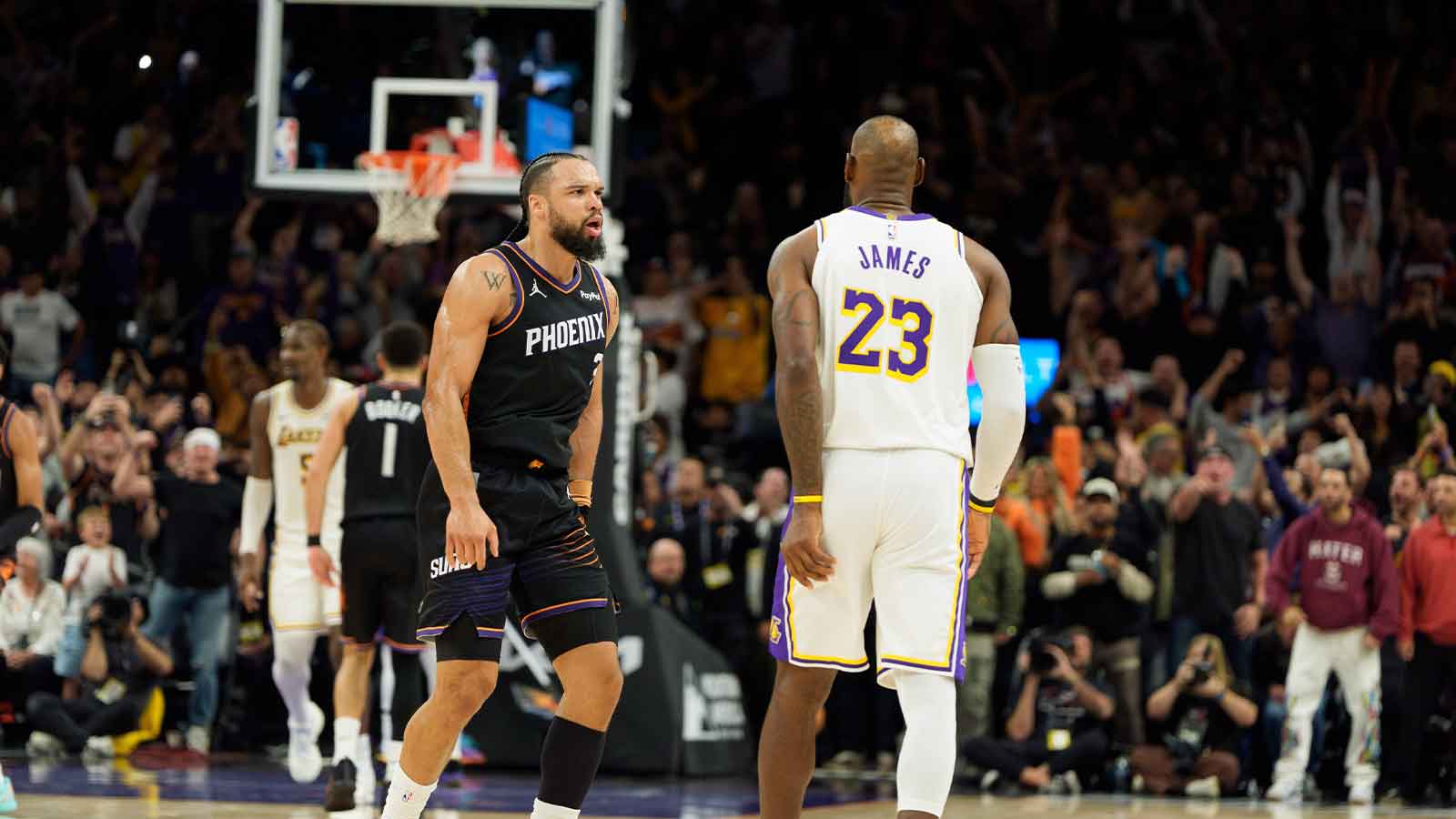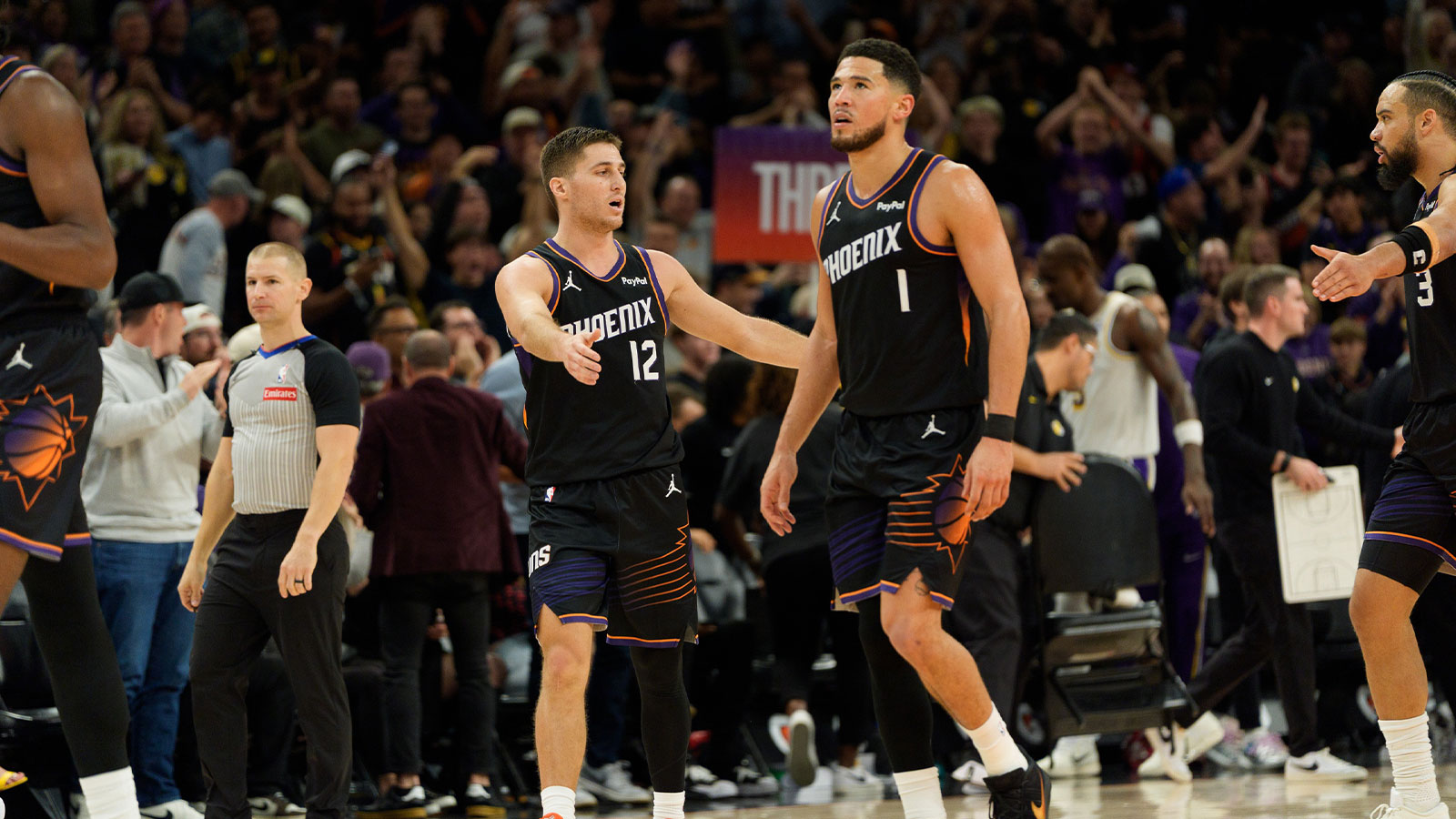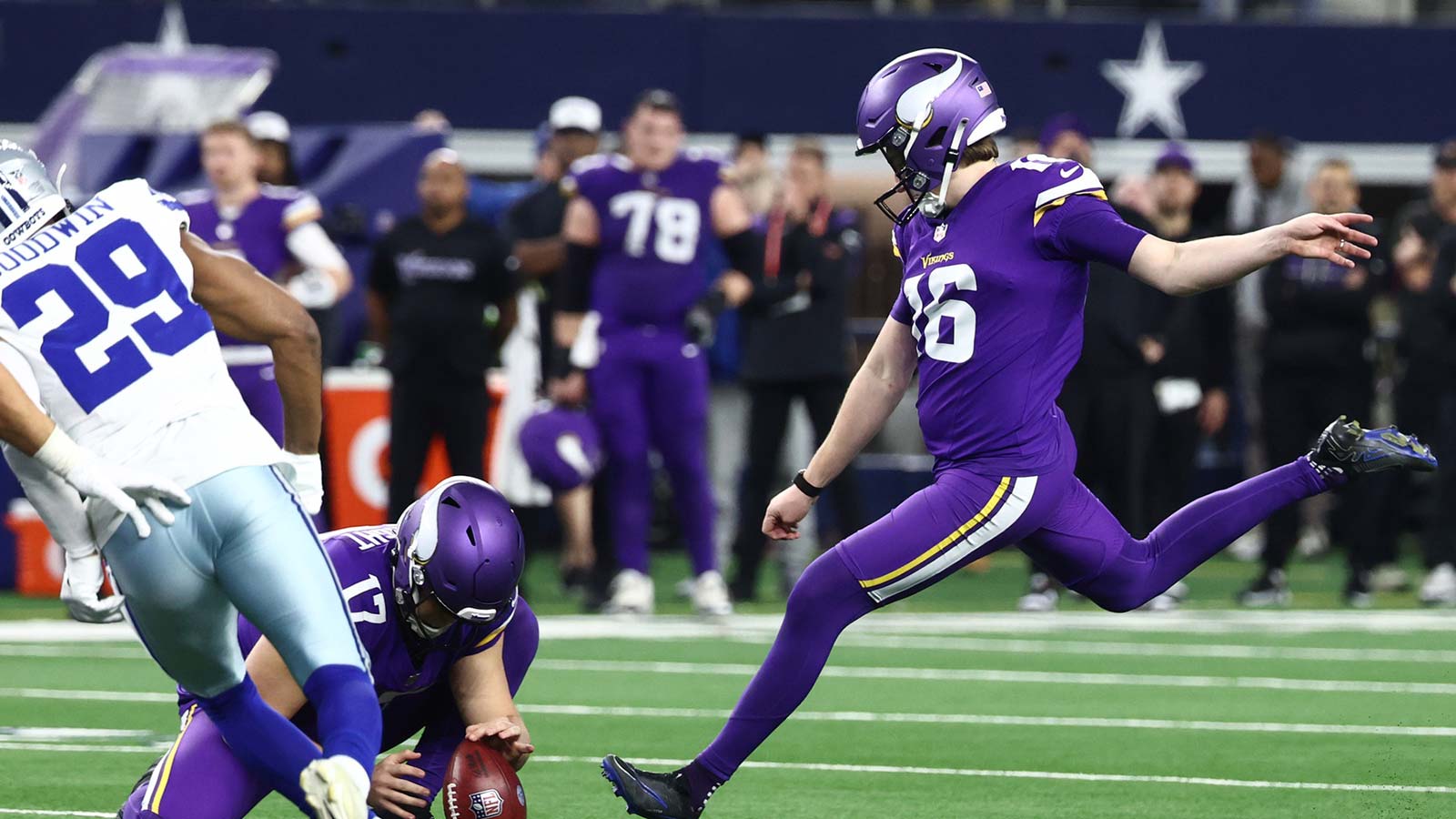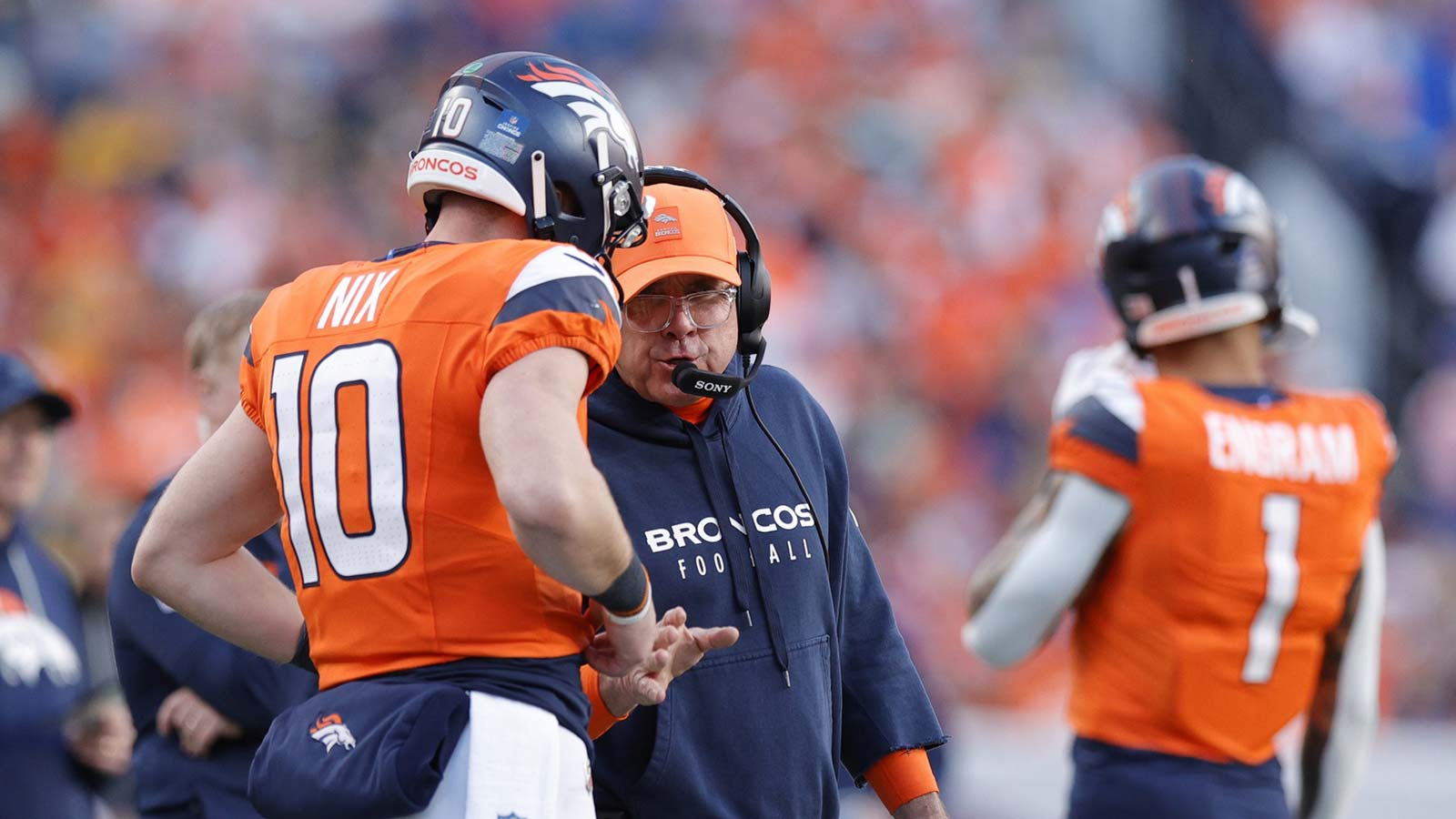In a decisive move underscoring the rigorous standards of competitive integrity, the Call of Duty esports community has witnessed the permanent ban of a high-profile professional player, known as Abuzah, for the use of unauthorized tools. This action reflects the ongoing struggle against cheating and the use of external enhancements within the Call of Duty titles, such as Warzone and Modern Warfare 3.
Abuzah's ban comes as part of an intensified campaign by game developers to crack down on the use of illegal software that manipulates game functionality, specifically tools used to unlock in-game camos and skins prematurely. These actions breach the competitive policies set by Activision, the game’s publisher, aimed at maintaining a level playing field among its players.
Call Of Duty Permanently Bans Professional COD Player Abuzah
The controversy surrounding Abuzah is not isolated. Earlier this year, a lawsuit against Activision alleged unfair treatment within the professional circuit, spotlighting the broader issues of governance and policy enforcement in esports. Abuzah’s case adds another layer to the ongoing dialogue about fairness and the lengths some are willing to go to gain a competitive advantage.
During an investigation into his conduct, Abuzah admitted to the use of these external tools, a confession that brings to light the not-so-secret tactics employed by some within the professional ranks to edge past competitors. This revelation has not only jeopardized his career but has also sparked widespread concern about the integrity of competitive play in one of the world’s most watched esports leagues.
https://twitter.com/abuzaaah/status/1778139039918596440?
The illicit software in question typically allows players to bypass the game’s natural progression system, granting them access to high-level rewards and aesthetics that would normally require significant time and skill to obtain. These shortcuts undermine the efforts of players who adhere to the rules and compete without such enhancements.
The challenge for Activision and the esports governing bodies is multifaceted, extending beyond individual players to the third-party vendors who create and distribute these cheating tools. The sophistication of these programs and the ease with which they can be accessed pose serious threats to the esports environment, prompting a need for more robust detection technologies and stricter enforcement of existing rules.
Abuzah's Ban Highlights The Stakes In Call Of Duty Esports
The competitive scene of Call of Duty is a cornerstone of the franchise's success, attracting millions of players and spectators globally. With substantial monetary rewards and professional prestige at stake, the pressure to perform can tempt players to resort to such unfair tactics. However, the permanent ban of a player like Abuzah serves as a stark reminder of the consequences of compromising the spirit of fair competition.
Following the ban, the esports community has rallied for greater transparency and stricter oversight in the monitoring of professional players. This incident has amplified calls for a reevaluation of how competitions are regulated and how offenses are penalized, with many advocating for a zero-tolerance policy towards cheating.
The ban has also sparked discussions about the effectiveness of the punitive measures currently in place and whether they sufficiently deter similar misconduct by others in the league. Some community members suggest that alongside harsher penalties, there should be an increased focus on education about the rules and ethics of competitive play.
As the Call of Duty franchise continues to evolve, with new titles and updates regularly enhancing the gameplay experience, the developers face the ongoing challenge of keeping the competitive environment clean and respected. The actions taken against Abuzah and the broader implications for the esports industry highlight a critical moment in the battle to preserve the integrity and excitement that has made Call of Duty a seminal force in the world of competitive gaming.
For more gaming news, visit ClutchPoints Gaming

